Reality TV ‘care and support’ jobs advertised as contestants reveal trauma
The production company behind some of Australia’s biggest reality shows is upping their mental health practices against a backdrop of traumatised stars and new legal responsibilities.
Confidential
Don't miss out on the headlines from Confidential. Followed categories will be added to My News.
- MAFS bride rushed to hospital
- Reality TV case could ‘open the door for more lawsuits’
- MAFS star’s police complaint over topless video leak
- MAFS bride unleashes on Lizzie
The production company behind some of Australia’s biggest reality shows is upping their mental health practices against a backdrop of traumatised stars and new legal responsibilities.
Endemol Shine Australia (ESA), which produces ratings mammoths Married At First Sight, MasterChef and Big Brother among others, has begun advertising for “wellness managers” to assist on upcoming productions.
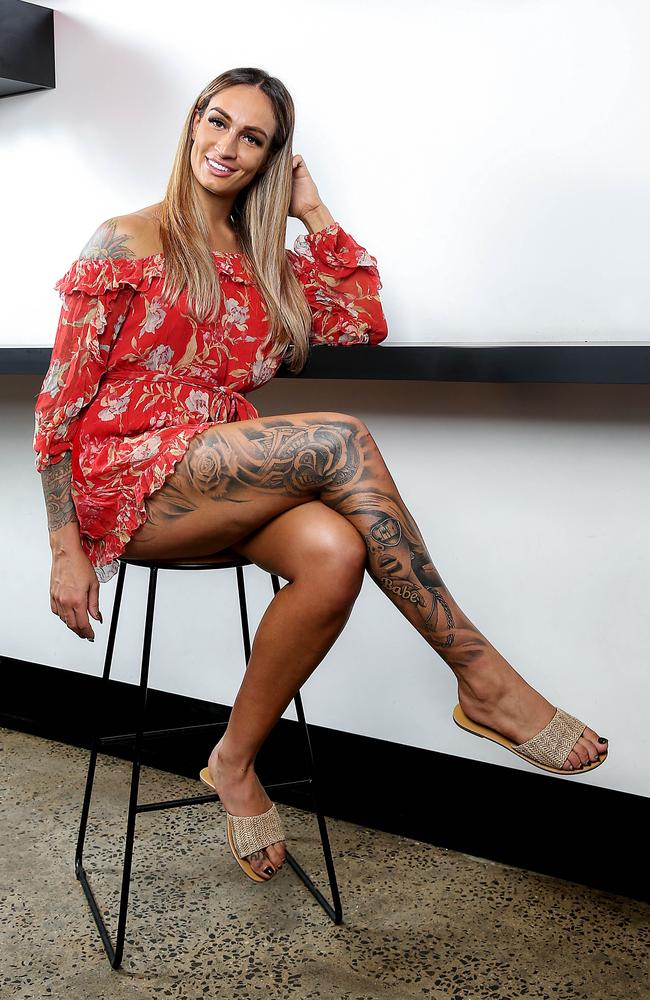
Putting the call out on job seeking websites and social media, recent ads ask for applicants with “experience or sound knowledge of the television industry and a strong interest or background in the mental health sector”.
It adds: “The role is to provide care and support for participants in conjunction with ESA’s broader wellbeing team.”
The move comes just four months after MAFS contestant Natasha Spencer was admitted to hospital under the Section 22 Mental Health act, shortly after the finale of the dating show aired.
Her medical treatment followed a number of other contestants who claimed to have suffered depression and anxiety both during and after their stints on the show including Tracey Jewel (2018), Ines Basic (who was diagnosed with PTSD following her 2018 stint) and Elizabeth Sobinoff who appeared in both the 2019 and 2020 seasons.
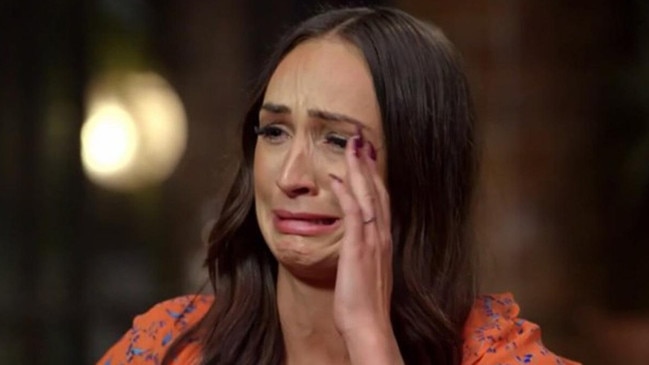
And last year the Workers Compensation Commission ruled Nicole Prince, who appeared on Channel 7’s House Rules was legally an employee of the network and entitled to compensation after being traumatised psychologically by her portrayal.
Hayley Vernon, of the most recent season of MAFS, said she also suffered both mentally and emotionally during her time on the show and says she was given “almost no support by production staff at all”.
“Something like this … like someone offering mental support would have been helpful but it’s a bit late for me,” says Vernon, who describes how late nights, long shoots and the removal of any communication devices took their toll.
“We’d be filming until 2am or 3am. Then they would tell us we had an 8am call time the next day so we would try and get some sleep then get up and be back filming. It was almost like torture.”
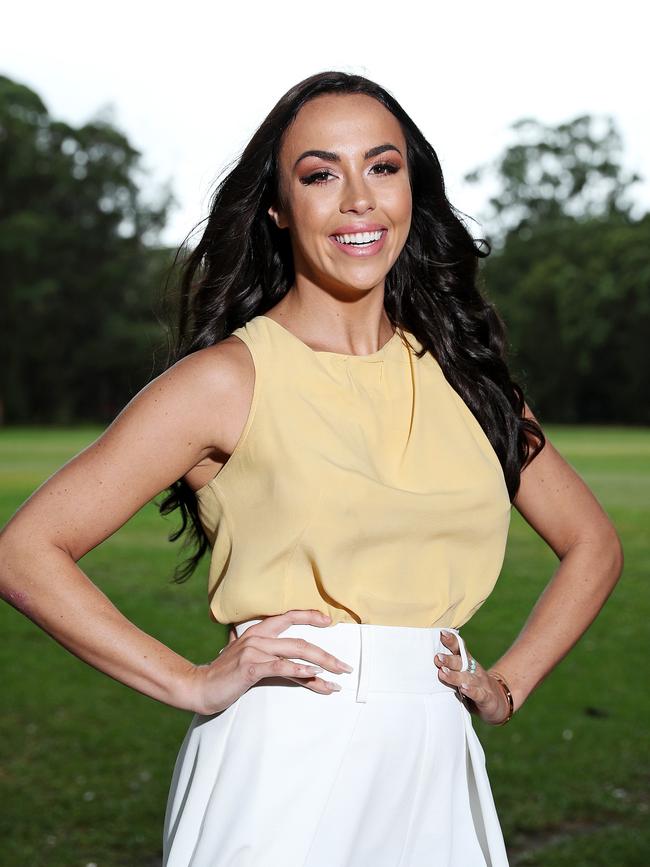
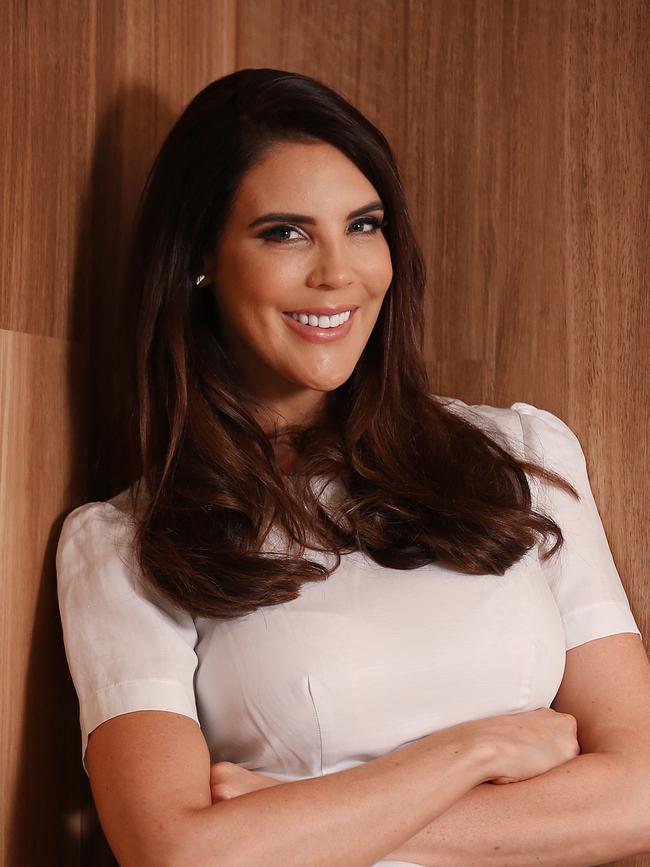
It’s understood ESA has previously offered support to contestants via a psychiatrist who would “check in” daily.
But according to Vernon: “We had to sign a contract … which said that we gave permission for the psychiatrist to share any information we told her with producers if they felt it was relevant. So it became pretty clear that anything we said was being fed straight to the people behind the scenes.”
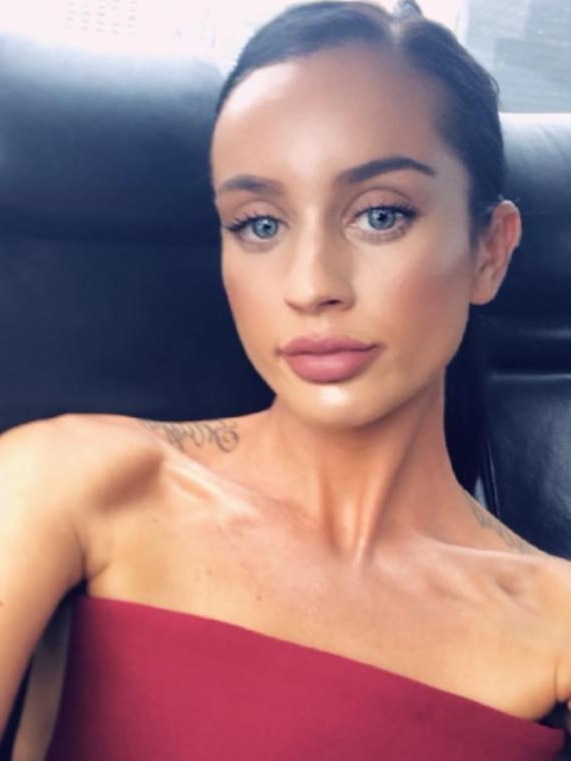

An ESA spokeswoman confirmed the production house is adding the role to their reality slate staff as part of their ongoing duty of care.
